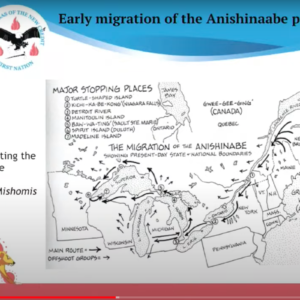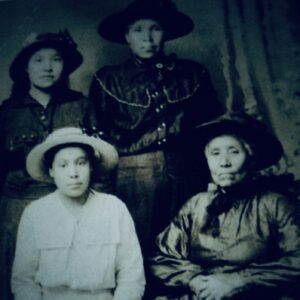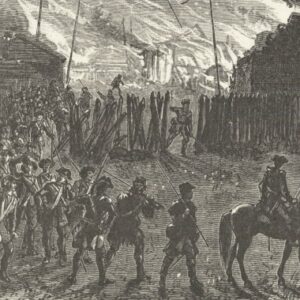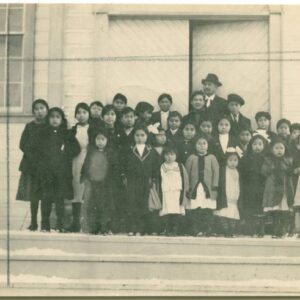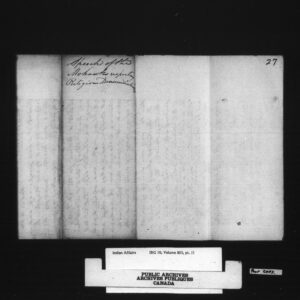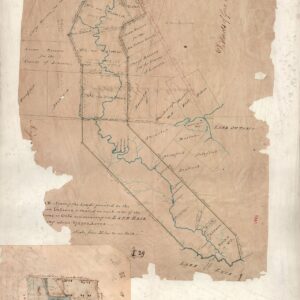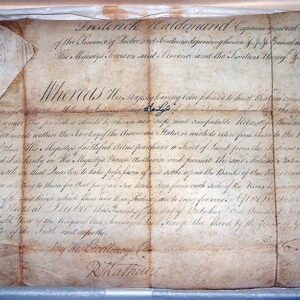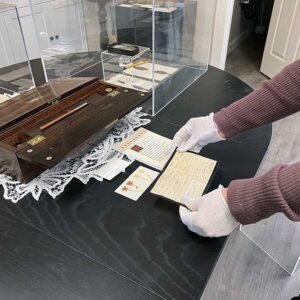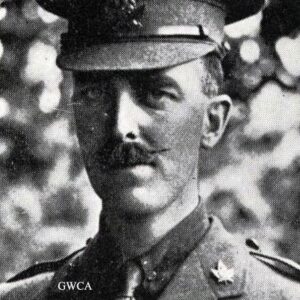
SIX NATIONS – Anyone who has any knowledge of the political history of Six Nations will have heard when the RCMP invaded Six Nations and illegally overthrew the existing traditional government and installed their own known now as the Elected System in 1924.
But what about the December 1922 raid?
The following article appeared in the New York Times, which brings the grievances of the Six Nations of the Grand River Territory to the mainstream in the early 1920s:


Using bootlegging as their excuse, 18 North West Mounted Police raided homes in the Six Nations Community at random supposedly looking for stills and moonshine. Random, it might be said, except for one address near Frog Pond, Third Line Road. Deskahe was in Europe at the time of the r aid and Canada desperately wanted to undermine the success Deskahe was having at the League of Nations and among his own people by painting him as a drunkard, which anyone who knew him denied was even remotely true.
It was said that booze was found in his vacant house when the NWPM (soon to become the RCMP) broke in and searched it. It is certainly easy to surmise that booze was not the only thing they were sent to find. Confiscating papers, treaties, historical documentation and any other damaging information was likely the real reason for the raid.
The net result of the raid was the finding of one small and very crude still and a bottle of moonshine in the house yard of another Indian.
“In the first instance, no arrest was made,” argues Deskahe. “In the second, one Indian was captured without the slightest resistance, at his (home). A few days after, in Brantford, he was convicted and sent to prison for 10 days. (On Thursday) as he pleaded ignorance of any knowledge of how the same (bottle of booze) came into his home yard,” Deskahe complained in his letter to Ottawa and to the diplomats throughout Europe he had been in conversation with, ironically, while the raid was taking place.
The only result was an excuse for permanent RCMP presence on reserve.
Deskahe wrote a desperate letter to the League of Nations through the Netherlands channel seeking immediate help and political intervention for the bogus raid on his home and that of his people, calling it “an invasion and unprovoked attack on his country by the Canadian Military.”
Attempts to seek help from the British government also fell on deaf ears. In the 1920’s the Minister of the Colonies was a young Winston Churchill who would only refer the situation back to the Canadian government, and Minister Duncan Campbell Scott.
Scott is the one quoted as saying: “I want to get rid of the Indian problem. […] Our objective is to continue until there is not a single Indian in Canada that has not been absorbed into the body politic and there is no Indian Question and no Indian Department.”
Further interference from Prime Minister Mackenzie King and the obstructive power of the English Crown sealed the issue further and the complaints Deskahe had against the Canadian and British governments were never heard at the international level.
The same complaints and inquiries into the vanished Six Nations Trust Funds have existed since before the death of Joseph Brant at age 64, in 1807, yet there are still no answers from Ottawa and Deskahe’s quest for justice for his people continues today.


